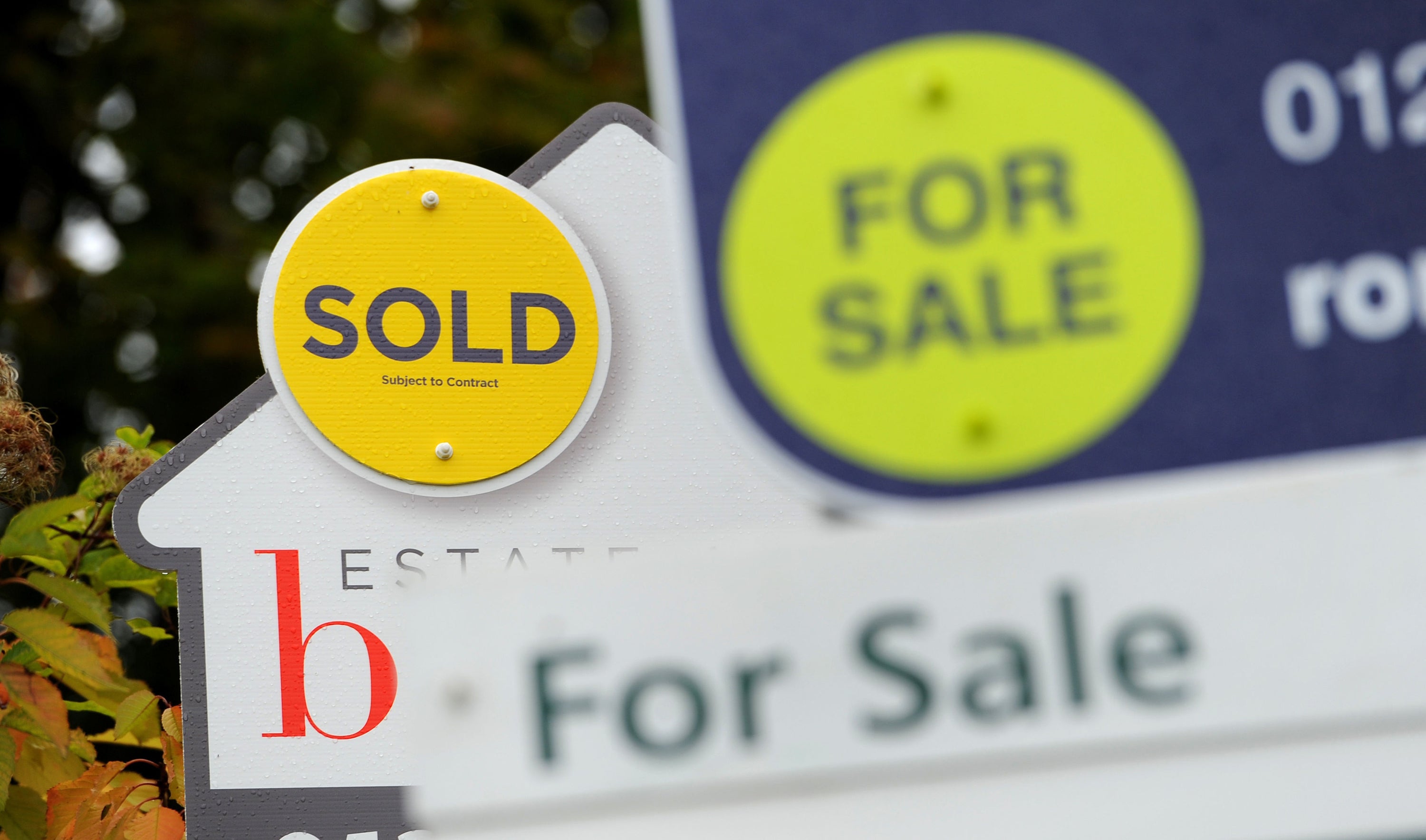UK house prices jump nearly £5,000 in August, despite stamp duty deadline
Increase in prices a ‘surprise’, says Nationwide

Your support helps us to tell the story
From reproductive rights to climate change to Big Tech, The Independent is on the ground when the story is developing. Whether it's investigating the financials of Elon Musk's pro-Trump PAC or producing our latest documentary, 'The A Word', which shines a light on the American women fighting for reproductive rights, we know how important it is to parse out the facts from the messaging.
At such a critical moment in US history, we need reporters on the ground. Your donation allows us to keep sending journalists to speak to both sides of the story.
The Independent is trusted by Americans across the entire political spectrum. And unlike many other quality news outlets, we choose not to lock Americans out of our reporting and analysis with paywalls. We believe quality journalism should be available to everyone, paid for by those who can afford it.
Your support makes all the difference.The average UK house price increased almost £5,000 in August despite a stamp duty holiday beginning to taper off.
Nationwide recorded a “surprising” 2.1 per cent rise in sold prices, taking the average up £4,628 to £248,857. The monthly increase was the second biggest in the past 15 years, surpassed only by a 2.3 per cent increase recorded in April.
Prices rose 11 per cent in the year to August, far outstripping the cost savings that buyers have gained from changes to stamp duty. Property prices are 13 per cent higher than they were before the pandemic, with some areas seeing much larger gains.
A trend for people to look for more space in rural and suburban areas has also helped to boost the housing market.
Robert Gardner, Nationwide’s chief economist, said August’s bounce-back was surprising and may have been boosted by continued strong demand for properties priced between £125,000 and £250,000.
In England and Northern Ireland, the “nil rate” band was reduced from £500,000 to £250,000 from July and will fall again to its pre-pandemic level of £125,000 on 1 October.
Mr Gardner continued: “Lack of supply is also likely to be a key factor behind August’s price increase, with estate agents reporting low numbers of properties on their books.”
Looking ahead, he said: “Underlying demand is likely to soften around the turn of the year if unemployment rises, as most analysts expect, when Government support schemes wind down.
“But even this is far from assured. The labour market has remained remarkably resilient to date and, even if it does weaken, there is scope for shifts in housing preferences as a result of the pandemic to continue to support activity for some time yet.”
Gabriella Dickens, a senior UK economist at Pantheon Macroeconomics, said: “Mortgage rates have fallen sharply in recent weeks and have room to fall further, while high levels of job vacancies suggest that the shake-out in employment in quarter four will be limited and reversed over the following quarters.
“Accordingly, we think that house prices will pick up again in 2022, finishing the year about 4% higher than at the end of 2021.”
Martin Beck, senior economic adviser to the EY Item Club, said: “Buyers lining up transactions and seeking to benefit from a lower tax bill before the October (stamp duty holiday) deadline may have supported demand and prices in August.
“Other factors also played a role in August’s rise in prices, and these are likely to persist for the foreseeable future.
“Consumer confidence has remained high and buyers have continued to benefit from ultra-low mortgage rates.”
Join our commenting forum
Join thought-provoking conversations, follow other Independent readers and see their replies
Comments